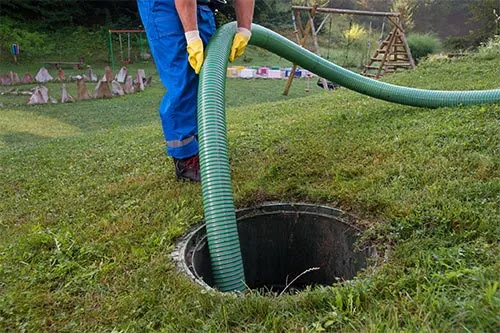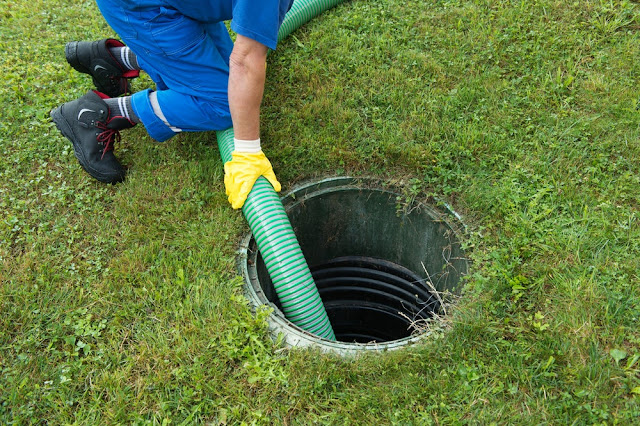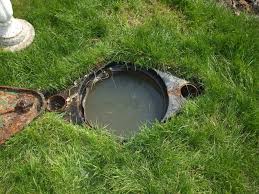How Do You Maintain A Septic Tank?

Septic tanks are an essential component of many homes and buildings, providing a safe and effective way to handle wastewater. However, to keep a septic tank functioning properly, it is essential to maintain it regularly. In this blog post, we'll discuss some tips for maintaining a septic tank and ensuring that it continues to operate effectively for years to come. Regular Pumping The first step in maintaining a septic tank is regular pumping. Over time, solid waste and sludge can accumulate in the tank, reducing its capacity and efficiency. To prevent this, the tank should be pumped out every three to five years, depending on the size of the tank and the number of occupants in the building. Proper Disposal of Waste Another important aspect of septic tank maintenance is proper disposal of waste. Only human waste and toilet paper should be flushed down the toilet. Other items, such as feminine hygiene products, paper towels, and cooking grease, should be disposed of in the trash. The...

